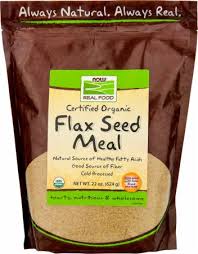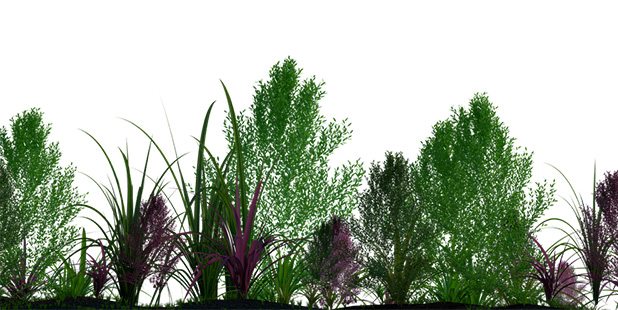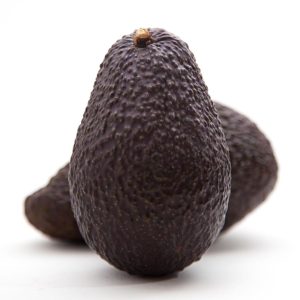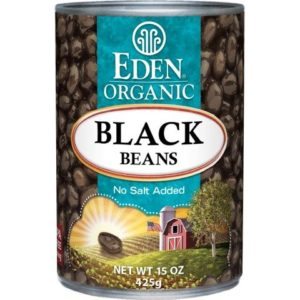Many plants have hormone-balancing properties, and consuming them can be helpful if you’re experiencing symptoms related to imbalances.
Hormones are our bodies’ chemical agents for regulating the various biological functions. However, sometimes the endocrine glands that produce these hormones don’t perform at optimum levels, causing hormonal imbalance. This can happen due to disease, environmental factors, diet and lifestyle factors. Hormonal imbalances often go undetected, but over time, they produce undesirable symptoms.
There are various medical treatments to correct hormonal imbalance, but a natural approach is usually safer, less costly and more sustainable. Certain plants and herbs are renowned for their positive influence on the endocrine system by providing vital nutrients for the optimal function of endocrine glands. In this article, we share five plants that are good for hormonal balance.
Avocados
Healthy fats are essential for hormone function. While most people get enough Omega-6 fatty acids from cooking oils and animal proteins, they are often deficient in Omega-3 fatty acids. These fats are the building blocks of hormones, and a healthy ratio of the two types is required.
Avocados provide an inexpensive and versatile source of Omega-3 fatty acids and celebrities such as Gwyneth Paltrow swear by their benefits. They also contain potassium, folic acid, magnesium, vitamin E and some B-vitamins. These micro-nutrients all aid in hormone regulation.
In particular, avocados promote the production of progesterone, which regulates the menstrual cycle and pregnancy. They also inhibit estrogen absorption which can increase the risk of certain cancers and osteoporosis when produced in excess.
Maca Root
Maca or Lepidium meyenii is a turnip-like plant that grows in high altitude areas such as the Andes Mountains in Peru. The root of this plant is consumed as a vegetable and is said to have many health benefits that even celebrities such as Miranda Kerr can’t resist. Besides its energy boosting ability that is said to have made it a diet staple for Incan warriors, maca root is famous for its hormone balancing qualities.
Maca contains several nutrients including vitamins A. B2. B6, and C plus minerals including zinc, copper, iron, magnesium, potassium, iodine and calcium. It also contains plant sterols that stabilize estrogen, progesterone and testosterone production.
Maca is categorized as an adaptogen which means it regulates the action of different hormone glands including adrenal glands, pituitary gland, and the hypothalamus. Maca root is a celebrity favorite is available in powder form, which may be raw or gelatinized. Adding maca powder to your diet can help relieve PMS and menopause symptoms, stabilize blood glucose levels, regulate thyroid function, increase sperm production, among other benefits.
Beans
Beans are another common and affordable plant food that can help balance your hormones. They are a natural solution for low testosterone because they contain vitamin D and zinc. They also contain folate, proteins, potassium, iron, and magnesium. Studies have shown that adequate consumption of Vitamin D increases testosterone levels. Zinc is also known to boost the testosterone levels. Beans also hormone production in the body. Beans also help female hormone imbalance by regulating estrogen production and reducing symptoms of the polycystic ovarian disorder (PCOS). There are many different types of beans including black, garbanzo, mung, black, kidney, pinto, red, Roman and navy beans.
Chasteberry
The fruit of this herb is also known as vitex or agnus castus. This dried herb is useful in the treatment of various female hormone imbalance related diseases. These include amenorrhea, PMS, dysmenorrhea, fibrocystic disease, endometriosis, uterine fibroids, and infertility.
Vitex works on the hypothalamus and pituitary gland to regulate the production of Luteinizing Hormone, Follicle-Stimulating Hormone, prolactin, and progesterone. For men, vitex can help treat enlarged prostates and inhibit prostate cancer cells proliferation.
Flaxseed
These small, black seeds contain an omega-3 fatty known as ALA, fiber, protein and important phytoestrogens called lignans. Lignans act on hormone receptor cells to either increase or reduce production of the hormone. A study showed that lignans also reduce androgens in men with prostate cancer.
Flax seeds also balance hormones by stimulating the production of Sex Hormone Binding Globulin (SHBG), a protein found in the blood. SHBG binds to excess estrogen and testosterone molecules to render them inactive. This reduces the hormonal imbalances that cause PCOS and PMS. The fiber in flax seeds also helps in bowel regulation which helps in excreting excess hormones.
Final words
From the above, it is clear that adding more plants and herbs to your diet can help provide the nutrients required for a healthy endocrine system. However, care must be taken when consuming herbs as there are recommended dosages for different people. Herbs can also interact with medication you are taking, so it is a good idea to inform your physician of any herbal supplements you intend to use.
Image source: Pixabay
Mike Jones
Latest posts by Mike Jones (see all)
- Top 5 Plants for Hormone Balance - October 11, 2017



